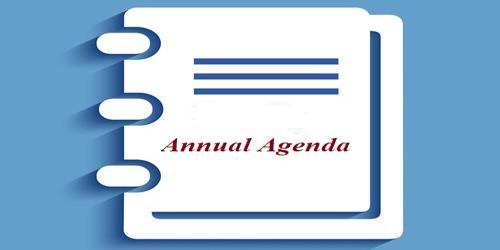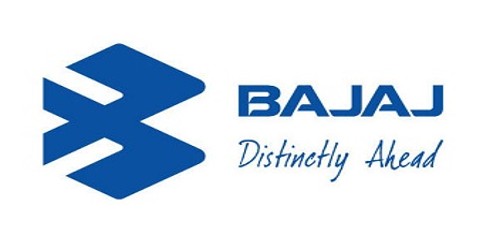Annual Agenda
The agenda is designed on the basis of the year-round operations and events of the organization. An annual agenda is a strategic work plan that an entity will follow for their next operational year. Attending annual gatherings of companies and organizations can on many occasions become boring which is regretted by most. Quite a few gatherings tend to exceed the time scheduled for a meeting and frustrate the attendees because they don’t always provide any valuable information. The primary reason for this problem occurring time and again is because the company has not considered drafting an annual agenda for the meeting.
Annual agendas are usually created and discussed by the board or higher management of a business. Companies conducting their annual meetings need to outline the topics they intend to discuss and even print and distribute the agenda to members who are invited to attend. This document helps in prioritizing the things that are very important to be implemented in a specific period of time and the items that are suggested to be changed, removed, or developed in terms of the entity’s processes and operations.
The general format for an annual meeting agenda is as follows:
- Call to Order – Decide the clear purpose of the agenda for the annual meeting. After the purpose is definite and clear, the meeting is called to order by the President.
- Approval of Minutes – Review and approve the minutes of the meeting before the main day.
- Introductions – Introduce yourself to the members and participants present at the annual meeting.
- Nominations – If there are supposed to be some elections, the nominations are supposed to be taken from the floor followed by the statements of nominees.
- The Results – Declare the results of the meeting/elections as per the polls.
- Adjourn – Finally, adjourn the meeting as per the requirement.
A meeting without an agenda does not serve any purpose especially when the organizers of the meeting have no idea about the subjects they intend to discuss with the attendees. An annual agenda for the meeting, on the other hand, is capable of providing the upcoming gathering a purpose. An annual agenda should:
- cover the board’s key activities;
- allocate a meeting for governance elections;
- review special topics such as compliance register, QA systems, performance reviews;
- ensure all obligations included in the strategic and business plans are addressed by allocating them to a specific meeting.
The agenda of the meeting must be drafted professionally, and the best way to go ahead is to ensure that it is prepared comprehensively. The lack of an agenda gives attendees an opportunity to waste time as they try to figure out the subject which will be discussed at the gathering. The agenda will ensure that sufficient time is allotted for every subject and eliminate wastage of time.
Information Source;
















